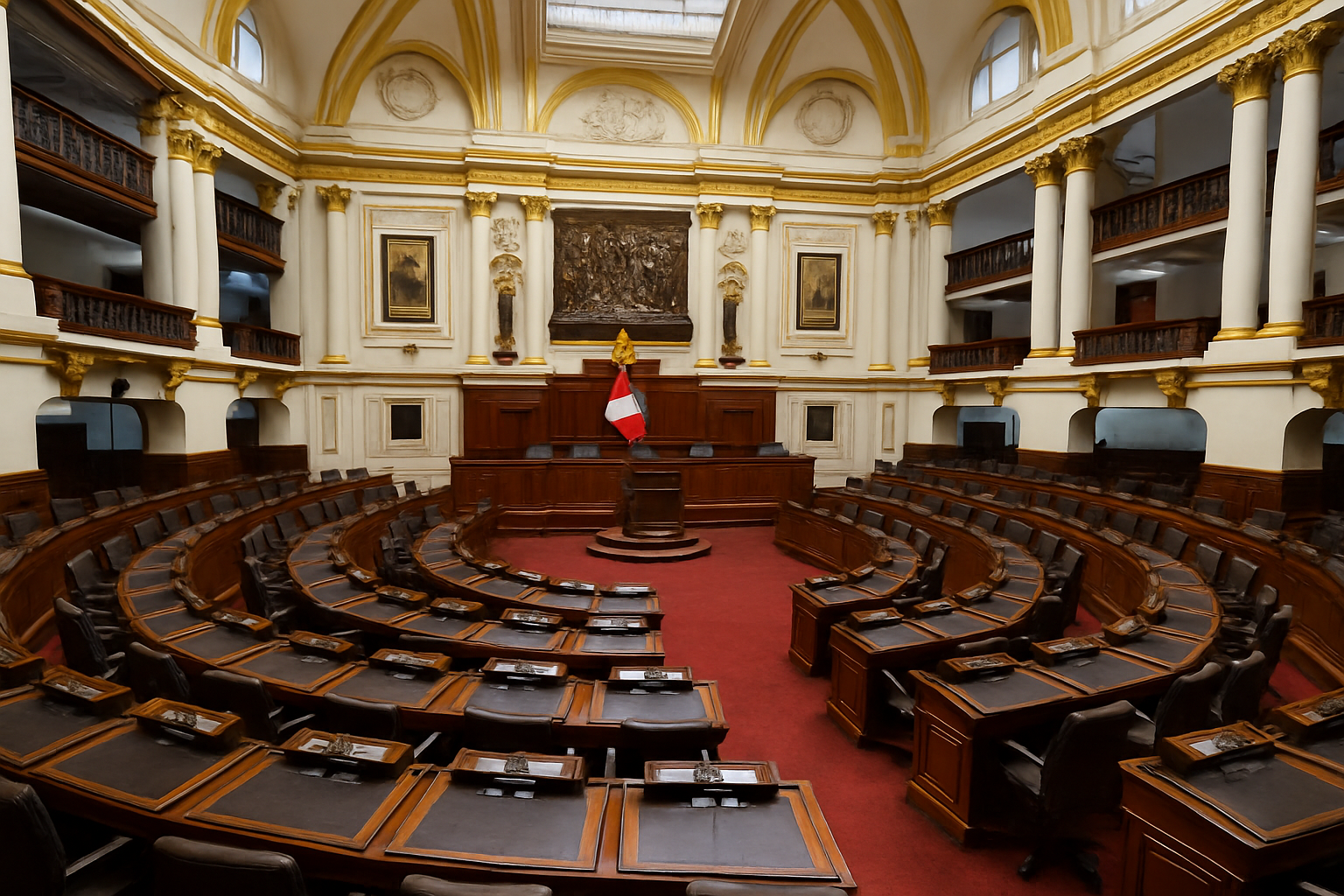UN Experts Condemn Peru Amnesty Law Shielding Security Forces From Prosecution
UN experts warned that such provisions “create an unacceptable form of impunity and undermine decades of progress toward justice, truth, and reparations for victims.”

United Nations human rights experts have expressed alarm following the enactment of Law N° 32419 in Peru, which grants amnesty to members of the armed forces, police, and self-defense committees for crimes committed during the country’s internal armed conflict between 1980 and 2000. The law, promulgated on 13 August 2025 and entering into force the next day, has been denounced as a serious breach of Peru’s international obligations.
Amnesty Covers Pending and Past Cases
The controversial legislation provides amnesty not only for individuals under investigation or prosecution for grave crimes, but also for convicted individuals over the age of 70 whose verdicts are not yet final. This effectively shields perpetrators of enforced disappearances, extrajudicial executions, torture, and other human rights violations from accountability.
UN experts warned that such provisions “create an unacceptable form of impunity and undermine decades of progress toward justice, truth, and reparations for victims.”
Violation of International Standards
The amnesty law directly contravenes several international human rights treaties and norms that Peru has ratified or committed to uphold, including:
-
The American Convention on Human Rights (ratified in 1977).
-
The Declaration on the Protection of All Persons from Enforced Disappearance.
-
The International Convention for the Protection of All Persons from Enforced Disappearance (ratified in 2012).
-
The Updated Set of Principles to Combat Impunity.
The experts highlighted that international law prohibits amnesties or pardons for crimes against humanity and gross human rights violations. They stressed that such crimes are subject to universal jurisdiction and cannot be erased by national legislation.
Linked to Previous Controversial Law
The move comes just one year after Peru passed Law No. 32107 (August 2024), which introduced a statute of limitations for war crimes and crimes against humanity committed prior to 1 July 2002. At the time, the measure was widely condemned for undermining accountability.
UN experts reiterated that the non-applicability of statutory limitations to crimes against humanity is a peremptory norm of international law (jus cogens), meaning it allows no exceptions.
Call to Reverse Setbacks in Justice and Reconciliation
The experts urged the Peruvian state to urgently reverse these measures, warning that they risk eroding truth and reconciliation efforts built since the end of the armed conflict, which saw widespread violence between the state, Shining Path insurgents, and other armed actors.
They stressed Peru’s obligation to investigate, prosecute, and punish those responsible for grave crimes, and to guarantee victims’ right to truth, justice, and reparation. “Amnesties, statutes of limitations and analogous legal concepts shall not restrict the right of access to justice of the victims of these crimes,” the experts said.
Continuing Concern Over Enforced Disappearances
A central concern remains the issue of enforced disappearances, thousands of which occurred during Peru’s internal conflict. The experts called on Peru to ensure that such disappearances are fully recognised in law and practice as crimes against humanity, and to maintain active searches for victims until their fate and whereabouts are determined.
“Peru must guarantee that its legislation and policies reflect the continuing nature of enforced disappearances,” the experts noted, underscoring the obligation to continue investigations until cases are fully resolved.
Consistent Warnings From International Bodies
The experts recalled that their concerns are consistent with warnings issued by the Committee on Enforced Disappearances in June 2024, as well as the 2025 concluding observations of treaty bodies and the joint statements by the Working Group on Enforced or Involuntary Disappearances and UN Special Rapporteurs on truth, justice, reparations, and extrajudicial executions.
These bodies have consistently cautioned Peru against legislative measures that weaken accountability for crimes committed during the armed conflict, urging instead stronger mechanisms for justice and reconciliation.
Dialogue With the Peruvian Government
The UN experts confirmed they are in direct contact with the Government of Peru, offering technical assistance and cooperation in investigating cases of enforced disappearance and preventing future violations.
They reiterated that Peru has an obligation to uphold international human rights standards, not only as a matter of law but also as a moral imperative to victims and their families.










